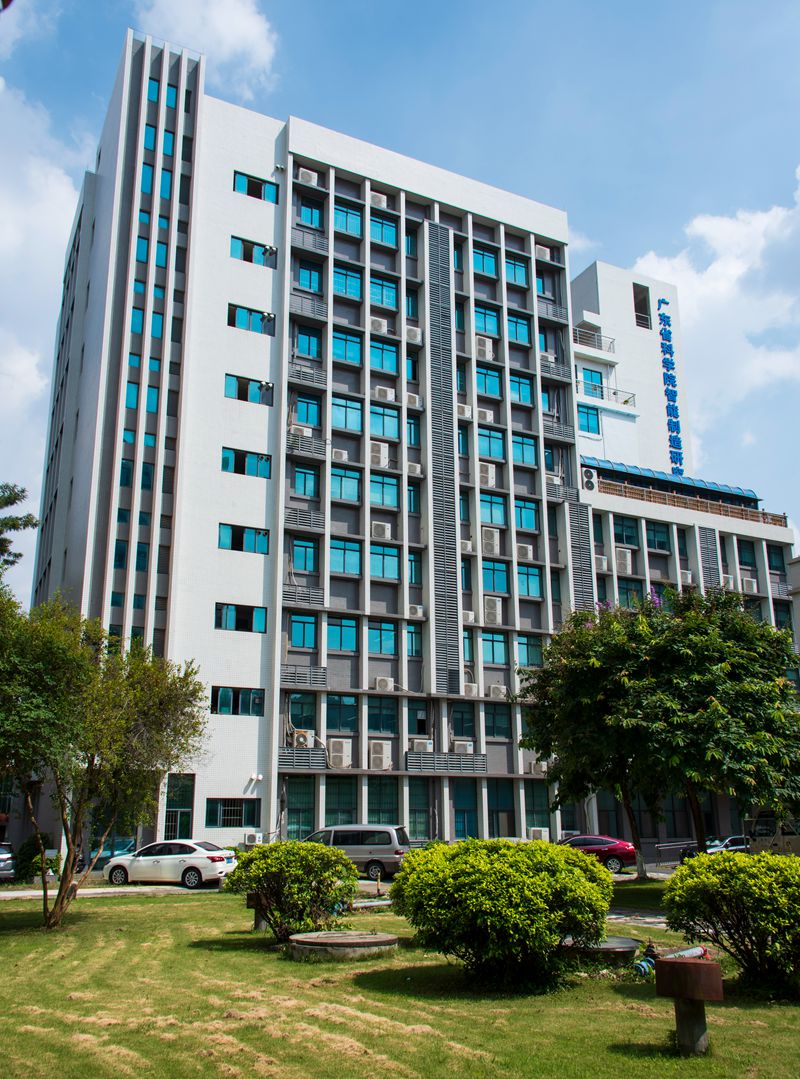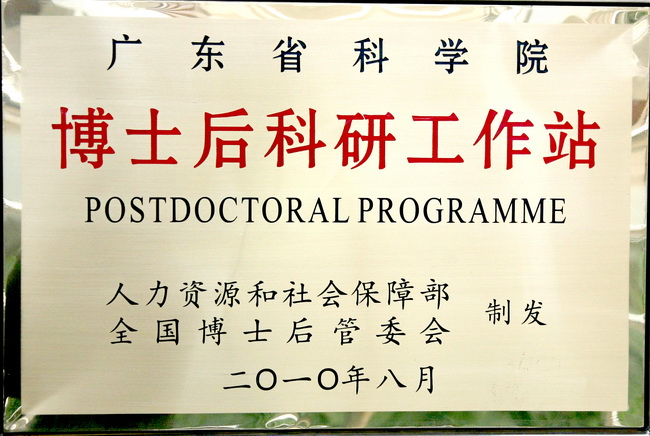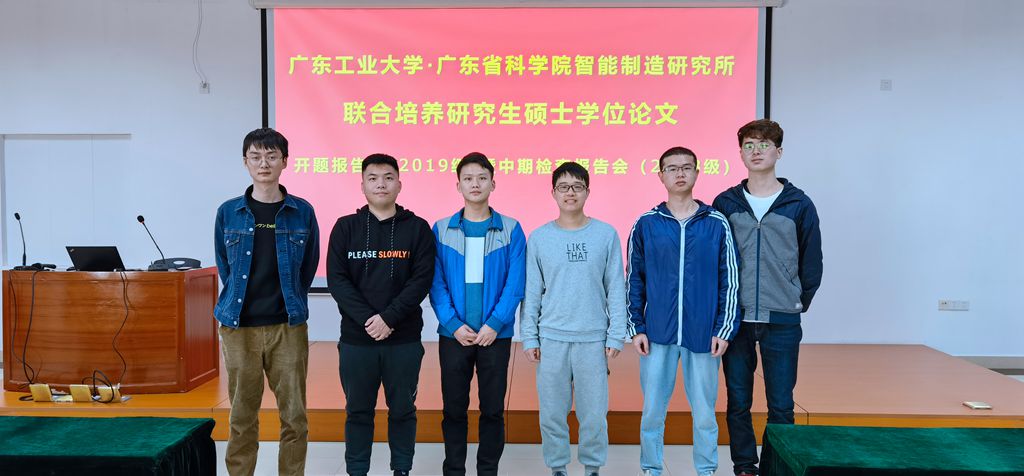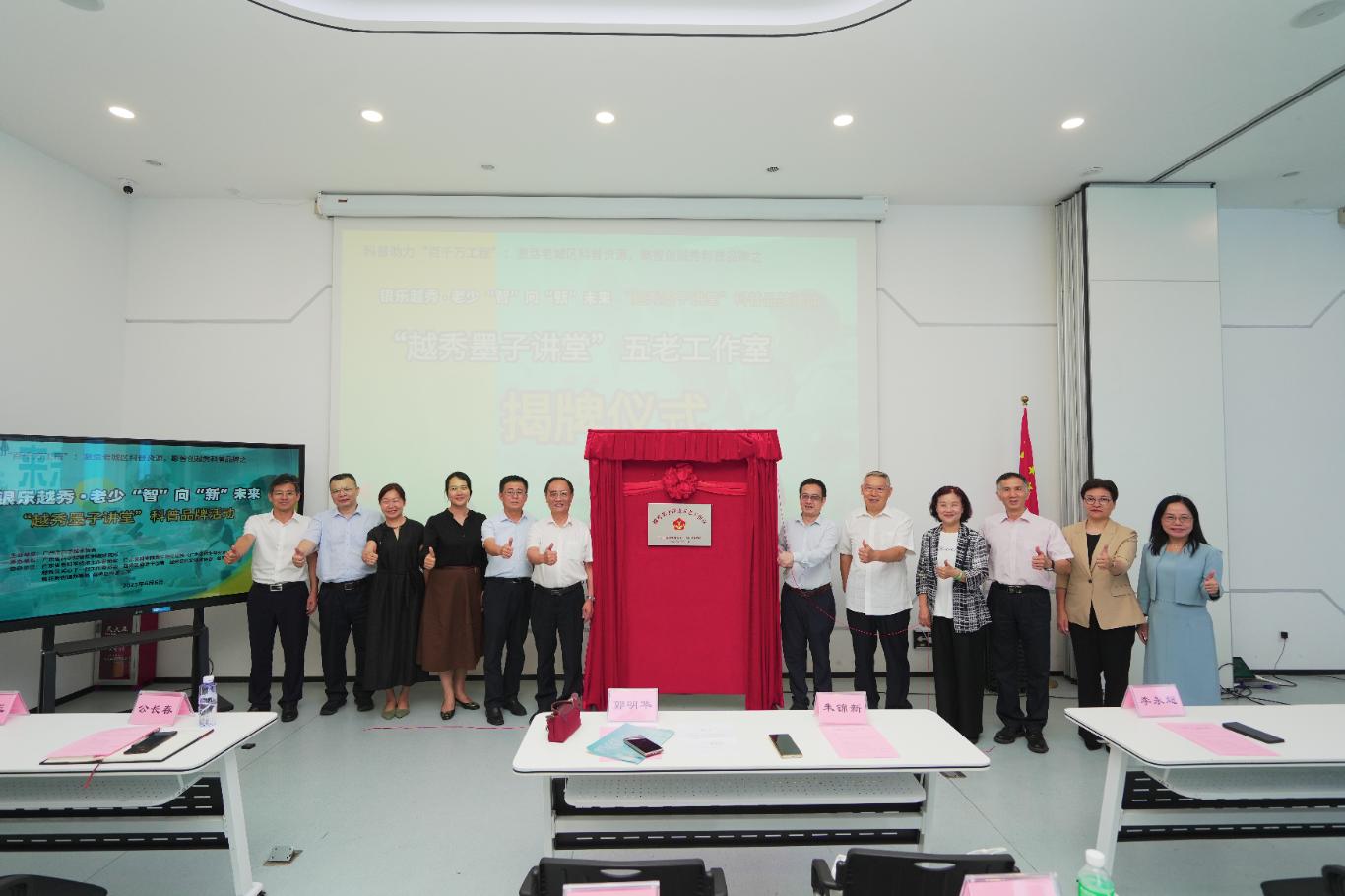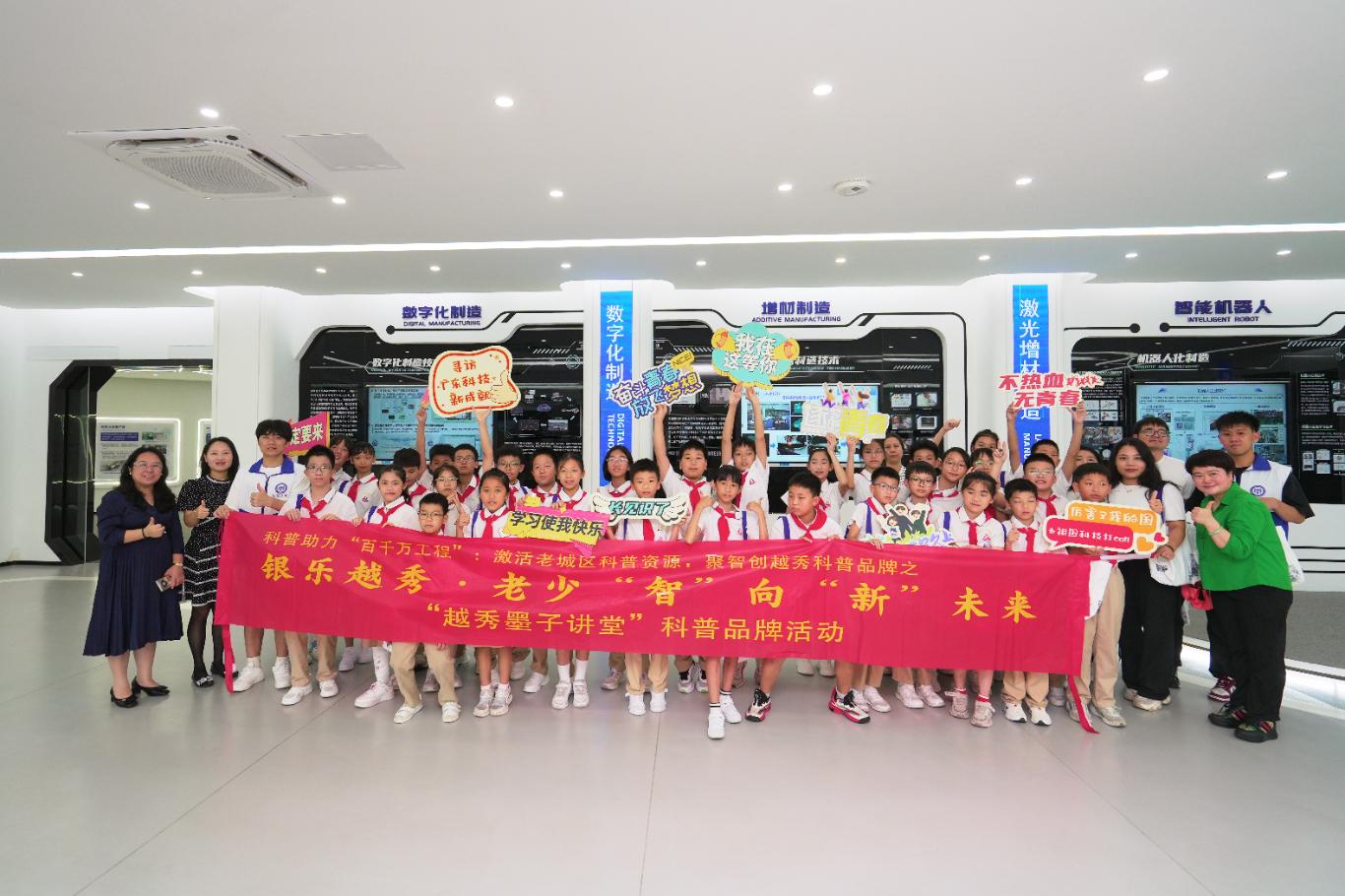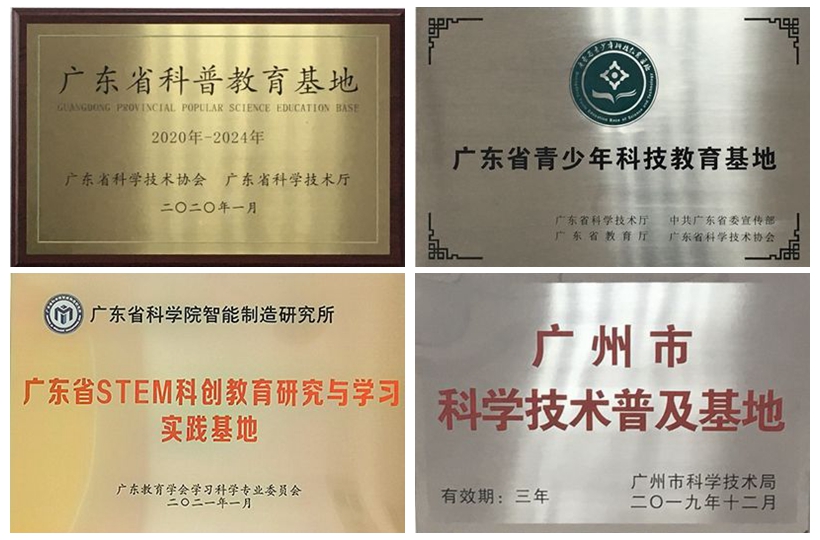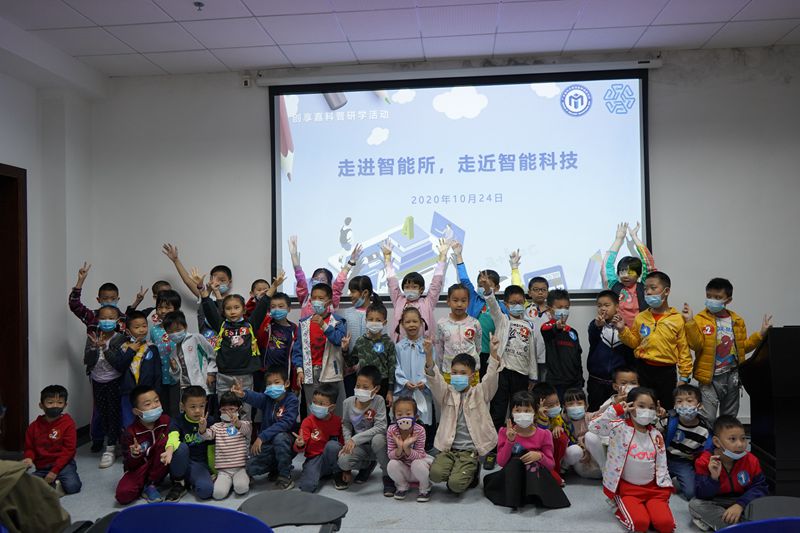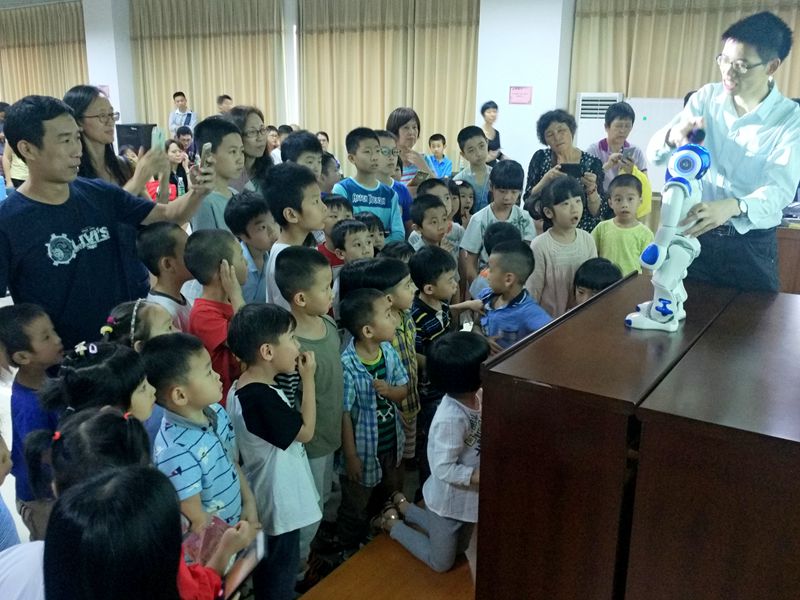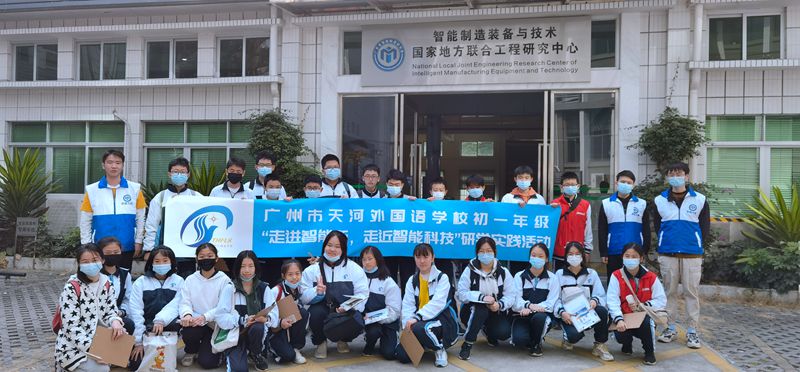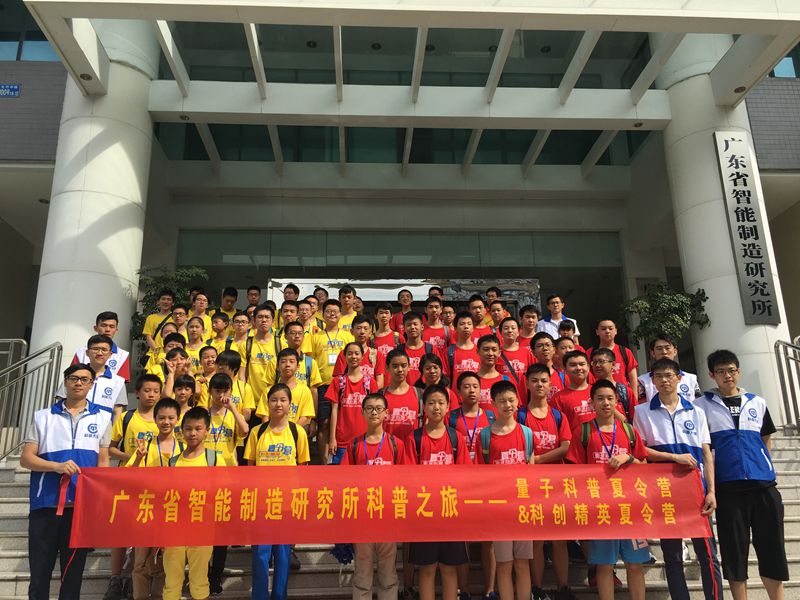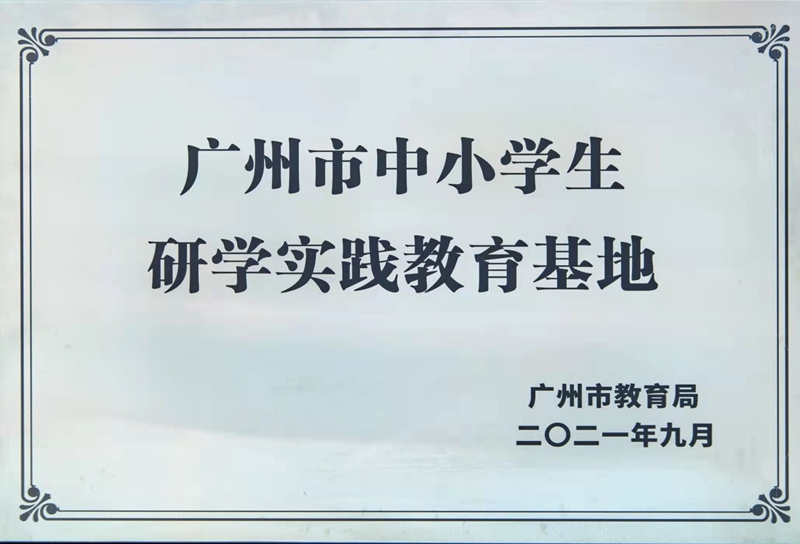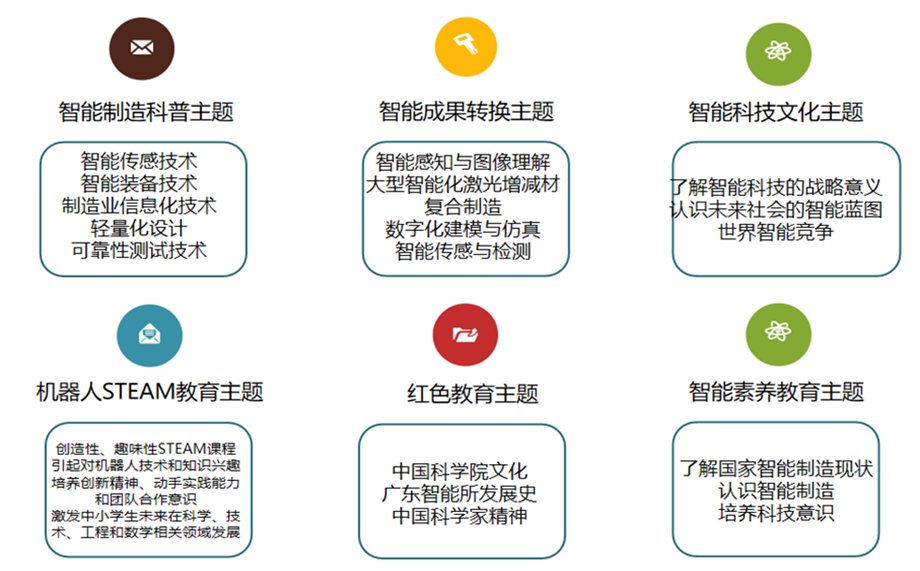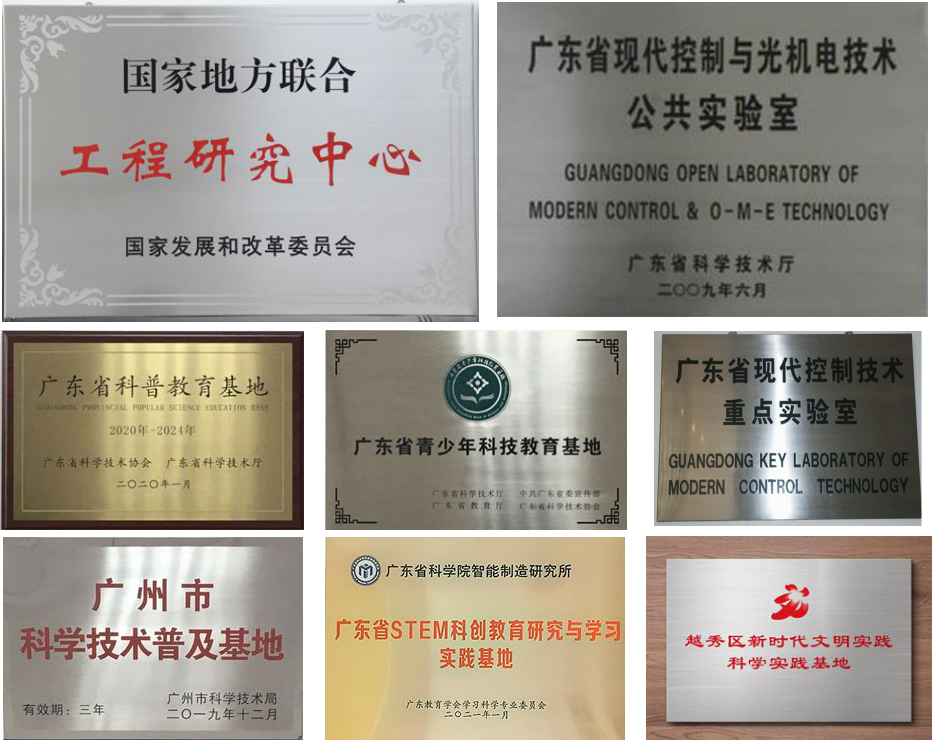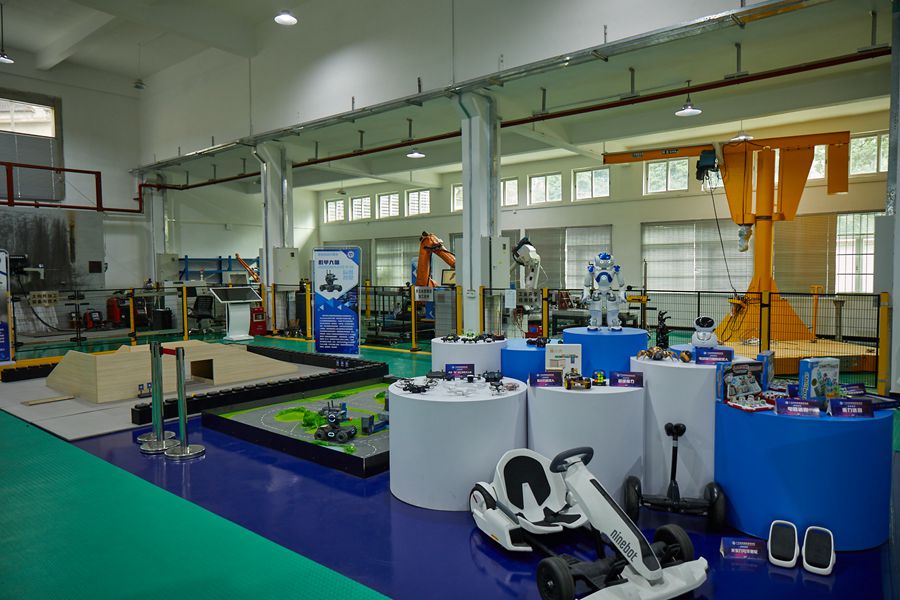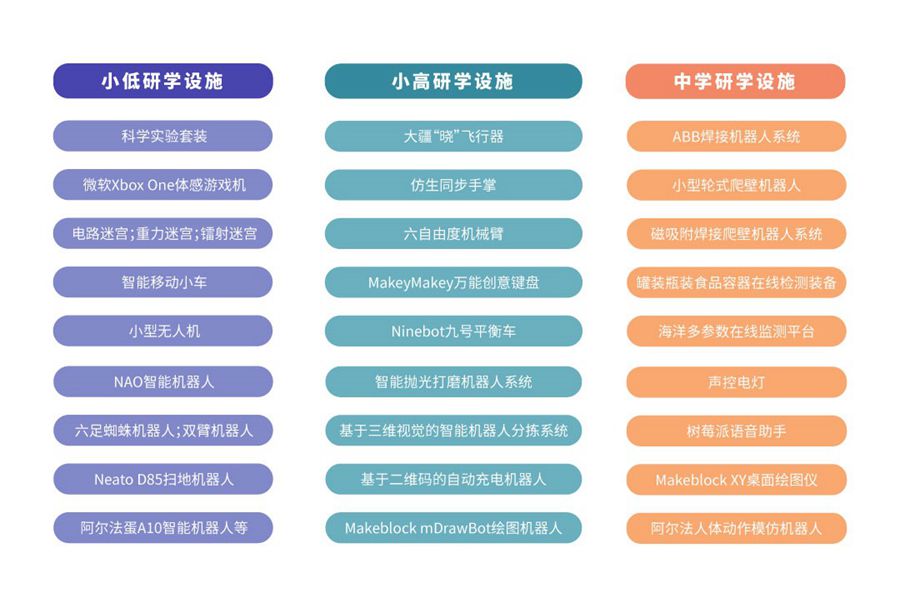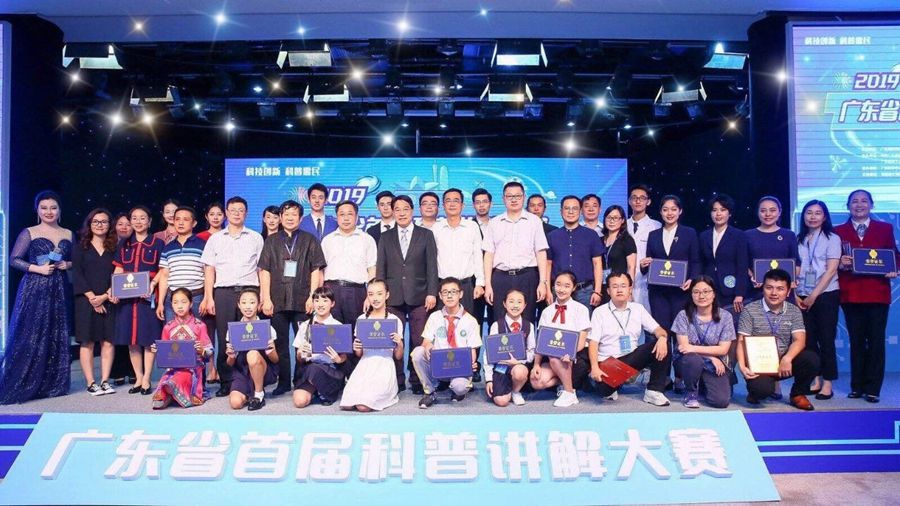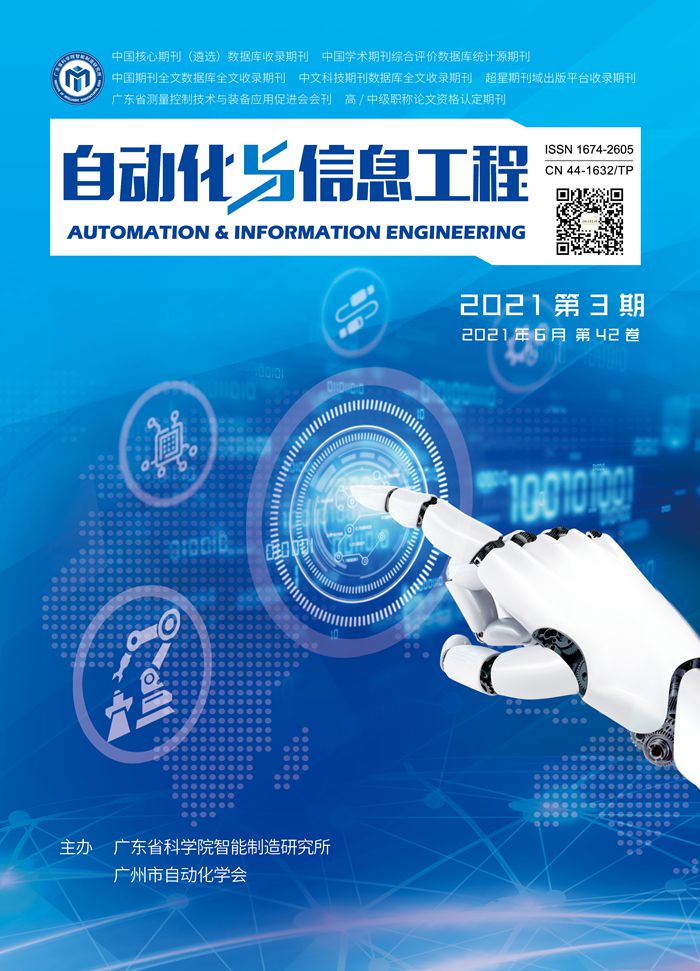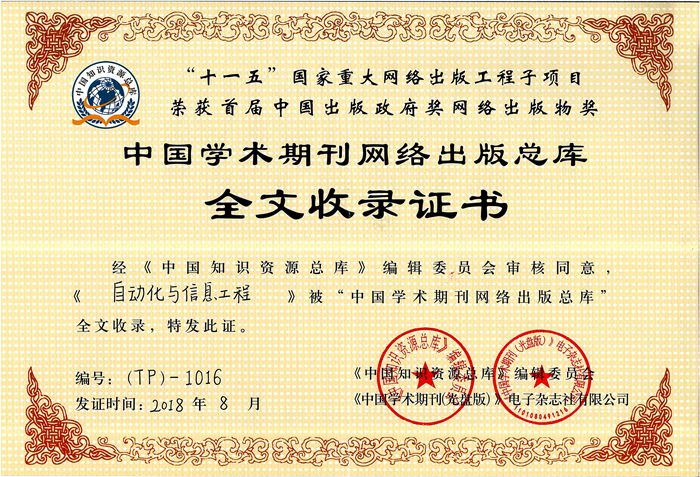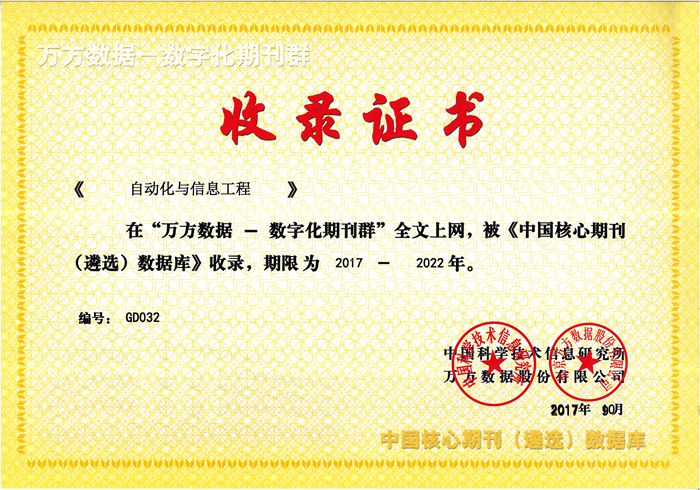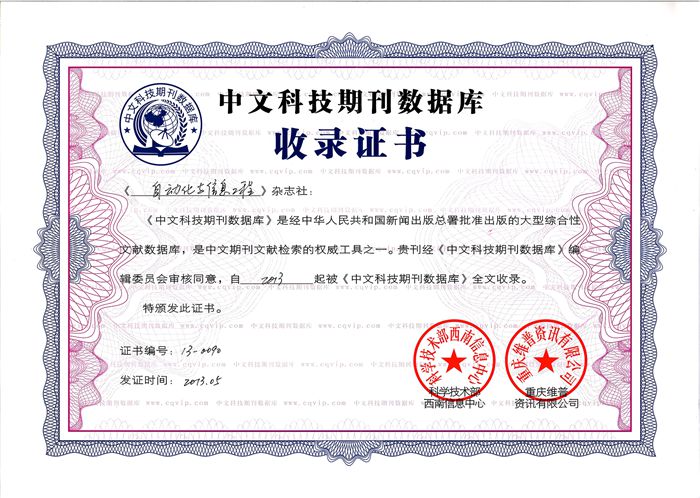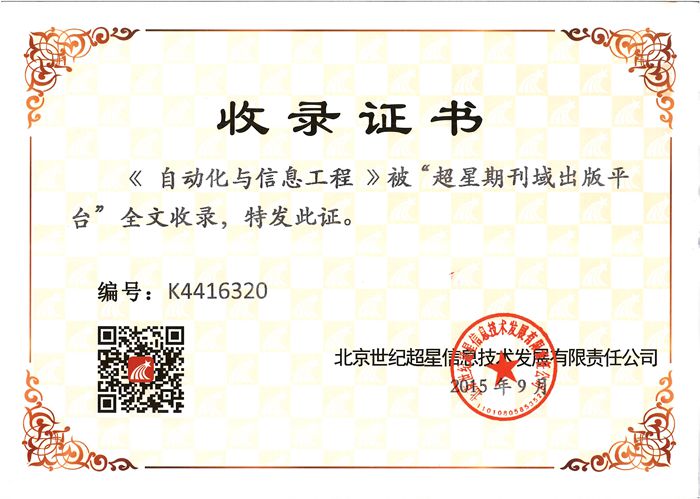曹剑君1 吴碧瑜2 李佳仪1 曹永军1 黄兴1 廖春兰1
(1.广东省科学院智能制造研究所/广东省现代控制技术重点实验室,广东 广州 510070
2.广州鲁邦通物联网科技股份有限公司,广东 广州 511356)
摘要:在全球制造业竞争日益激烈的背景下,中国制造业正面临着劳动力成本攀升和技术壁垒严峻的双重挑战。智能制造已成为破解效率鸿沟的关键路径。浙江省与江苏省通过实施智能工厂梯度培育行动,探索出各具特色的智能制造发展路径。浙江省以未来工厂为引领,构建了数字化车间—智能工厂—未来工厂的梯次培育路径,提升了生产效率。江苏省通过组建标准组织、发布区域发展指数报告、编制行业实施指南及打造宣传矩阵,推动智能制造生态发展。两省的实践经验表明,刚柔并济的政策组合、数字化平台的构建以及跨区域的协同创新,是驱动智能制造纵深发展的核心动能,为我国制造业转型升级提供了分层推进、生态赋能的实践范本。通过对浙江省与江苏省智能工厂梯度培育经验的深入分析,提出对广东省的启示和建议,以期为广东省制造业的智能化转型提供参考。
关键词:智能工厂梯度培育;智能制造;数字化转型;智能化升级
中图分类号:F424.3 文献标志码:A 文章编号:1674-2605(2025)05-0002-08
DOI:10.12475/aie.20250502 开放获取
Gradient Cultivation Experiences of Smart Factories in Zhejiang and Jiangsu Provinces and Their Implications for Guangdong Province
CAO Jianjun1 WU Biyu2 LI Jiayi1 CAO Yongjun1 HUANG Xing1 LIAO Chunlan1
(1.Institute of Intelligent Manufacturing, Guangdong Academy of Sciences/ Guangdong Key Laboratory of Modern Control Technology, Guangzhou 510070, China
2.Guangzhou Robustel Co., Ltd., Guangzhou 511356, China)
Abstract: Against the backdrop of increasingly fierce global manufacturing competition, China's manufacturing sector is facing dual challenges of rising labor costs and severe technological barriers. Smart manufacturing has become a critical path to bridge the efficiency gap. Through the implementation of gradient cultivation initiatives for smart factories, Zhejiang and Jiangsu provinces have explored distinct development pathways for smart manufacturing. Zhejiang Province, led by its "Future Factories," has established a tiered cultivation path comprising digital workshops, smart factories, and future factories, thereby enhancing production efficiency. Jiangsu Province has promoted the development of a smart manufacturing ecosystem by establishing standard organizations, releasing regional development index reports, compiling industry implementation guidelines, and building a comprehensive publicity matrix. The practical experiences of both provinces demonstrate that a policy mix of mandatory and incentive measures, the construction of digital platforms, and cross-regional collaborative innovation are the core driving forces for the in-depth development of smart manufacturing. These experiences provide a practical model featuring layered advancement and ecosystem empowerment for the transformation and upgrading of China's manufacturing industry. Through an in-depth analysis of the gradient cultivation experiences of smart factories in Zhejiang and Jiangsu provinces, this paper proposes implications and recommendations for Guangdong Province, aiming to provide references for the intelligent transformation of its manufacturing sector.
Keywords: smart factory gradient cultivation; smart manufacturing; digital transformation; intelligent upgrade

